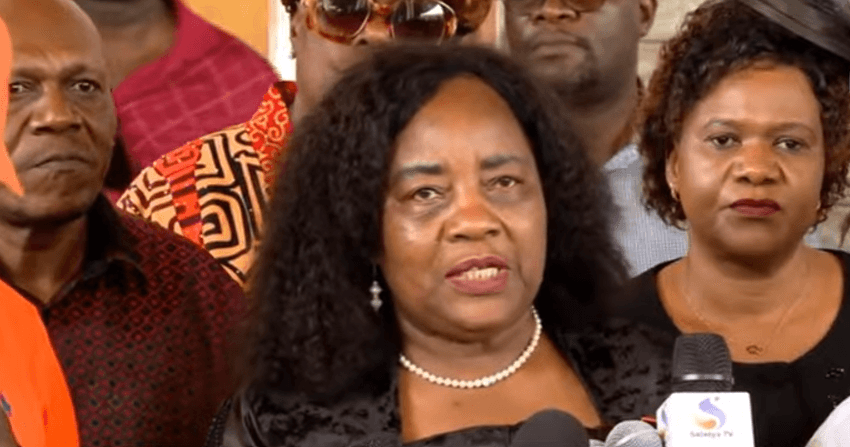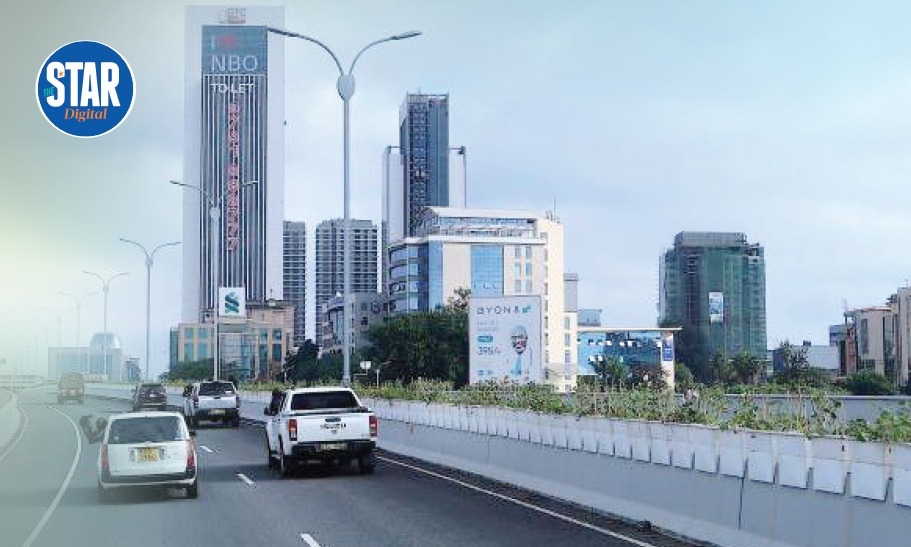The government is planning to bring down the high cost of fuel that the country is currently grappling with.
This comes after the Ministry of Investment, Trade and Industry CS Moses Kuria met with stakeholders in the petroleum industry during the first national inaugural National Petroleum Conference at the Safari park hotel.
Kuria said that petroleum is one of the key drivers of the country’s social and economic development and that the ministry will use the Office of Tax Simplification (OTS) framework to help bring down the cost.
“We are collaborating with other business partners to transition into the era of fuel cost reductions within the updated OTS framework,” Kuria said.
The OTS framework was established to provide advice to the Chancellor on the simplification of the tax system, either at the Chancellor’s request or of its own accord.
According to Kuria, the ministry promotes investments in the upstream section which involves the process of exploration, development and production of crude oil and natural gas.
He added that they also liaise with other government agencies such as the National Treasury by providing incentives to investors such as investment allowance as stipulated in the second schedule of the income tax act.
He added that at this point of the value chain, the number of investments in the retailing of petroleum products has increased as a result of their success.
“I challenge stakeholders in the petroleum industry to make the upstream value chain as active as it is downstream,” he added.
Meanwhile, In its last month’s price review, the Energy and Petroleum Regulatory Authority (EPRA) set the retail price of a litre of petrol at Sh177.30 in Nairobi, Diesel Sh162 and kerosene at Sh145.94.
The prices which will remain in force until December 14 are a shilling lower compared to what has been in place since the last review on October 15.
The high pump prices remain despite the easing of global prices which last month, crude oil averaged $98.06 (Sh 11,963) per barrel.
This was down from $105.96 (Sh 12,927) in September and $117.53 (Sh14,338) in August.
The economic Survey for 2022 however, shows that there was increased demand for oil products in 2021 leading to a steady rise in the average Murban crude oil prices, from $41.45 (about Sh 5093) per barrel in 2020 to $69.72 (about Sh 8567)per barrel in 2021.
Consequently, the total import bill of petroleum products rose to Sh 348.3 billion in 2021 from Sh 209.1 billion in 2020.
Kuria's statement is coming just months after the government was compelled to end the fuel subsidy programme that cushioned consumers from high fuel prices in the global market.















